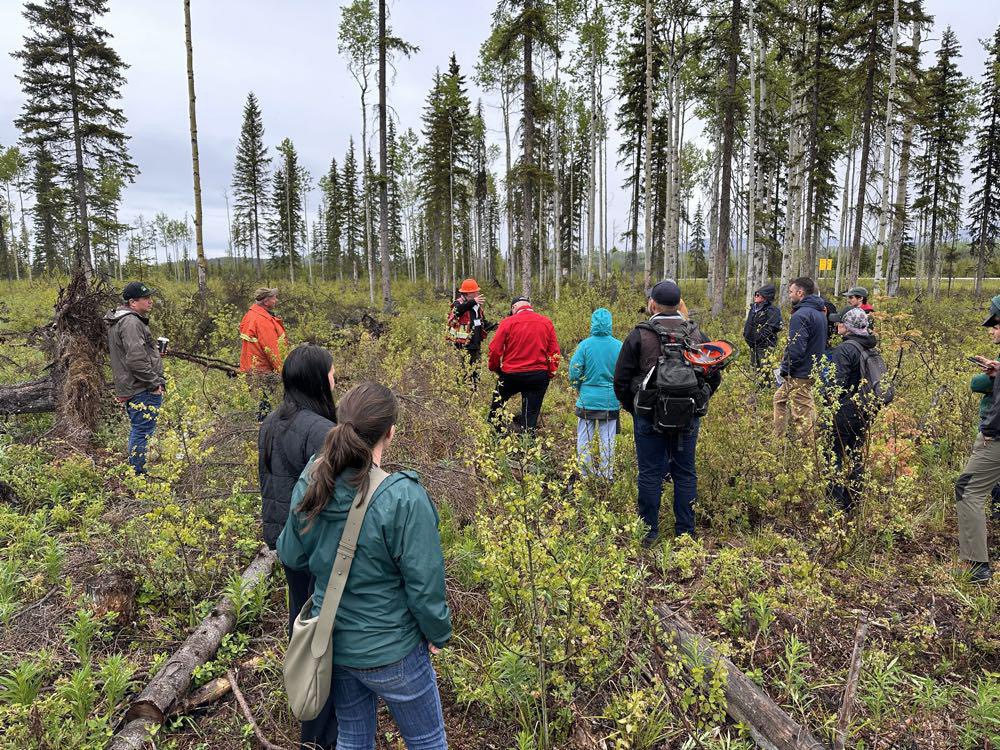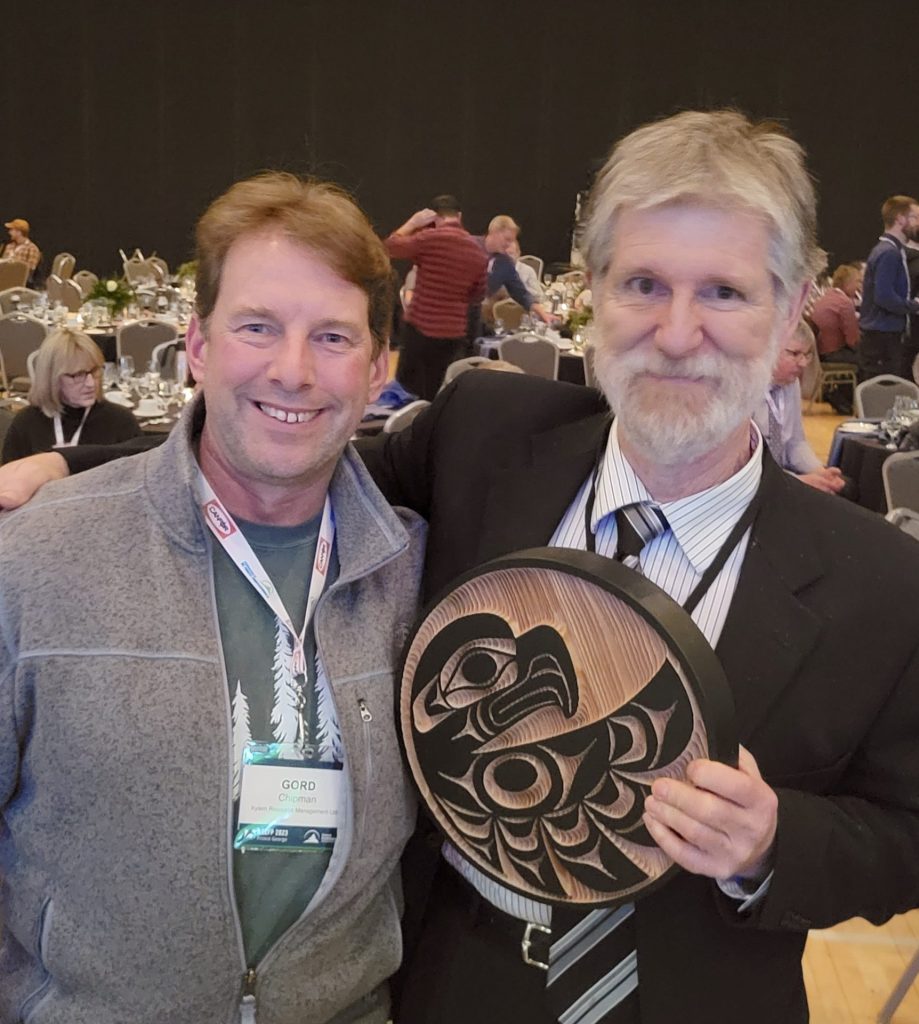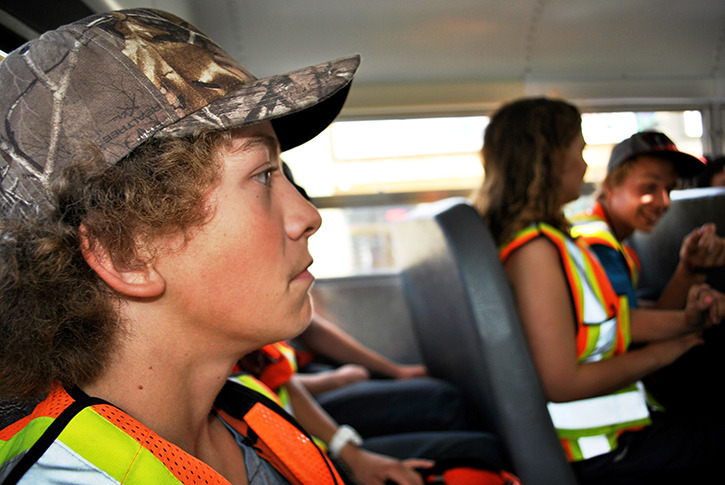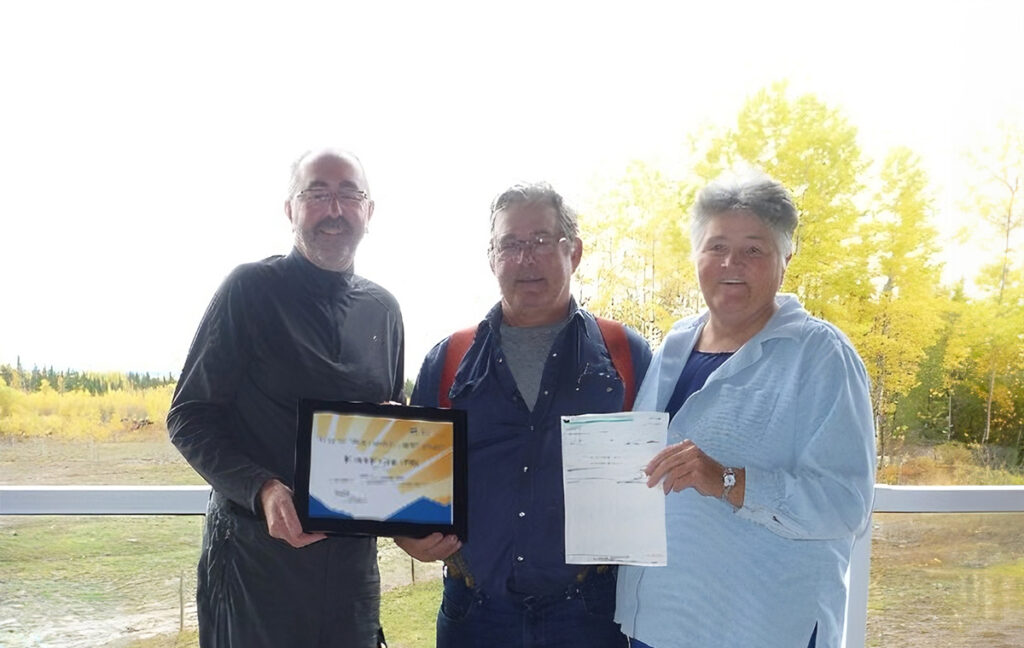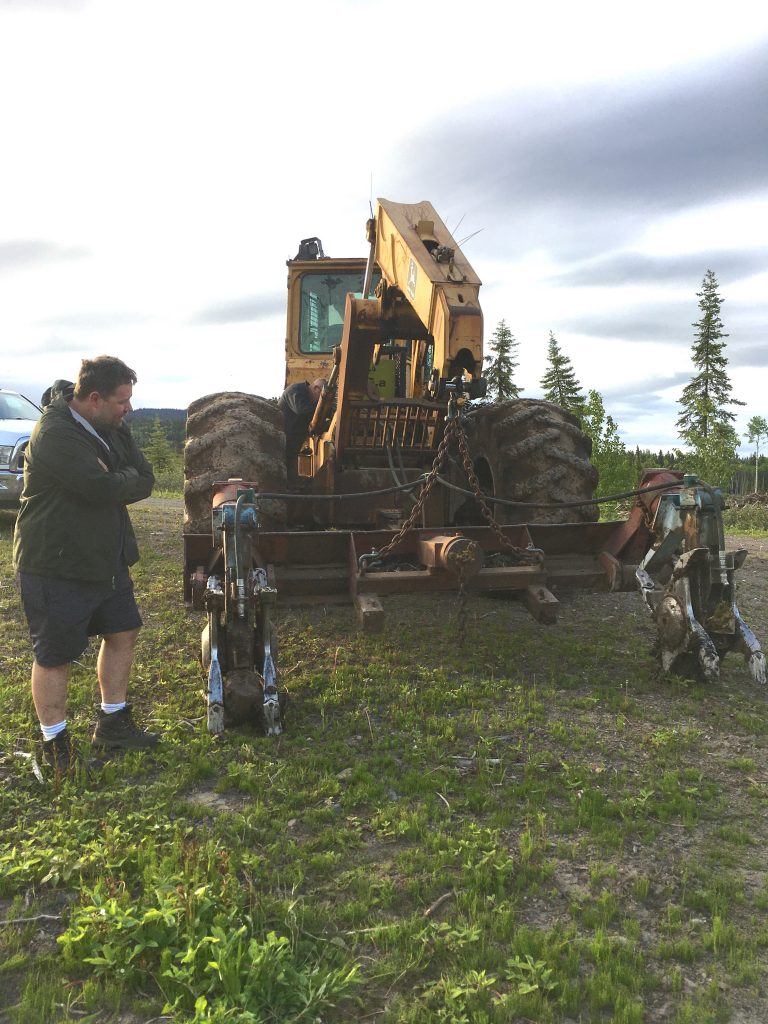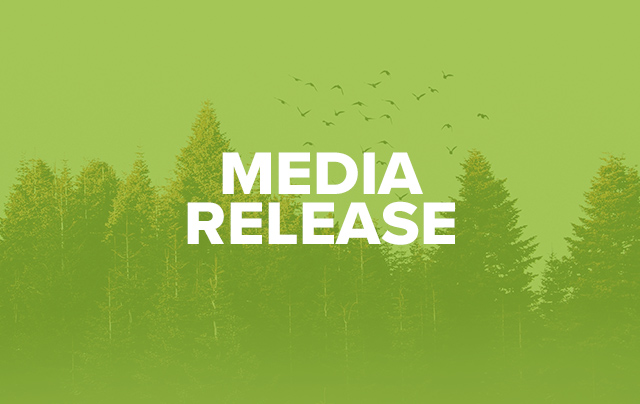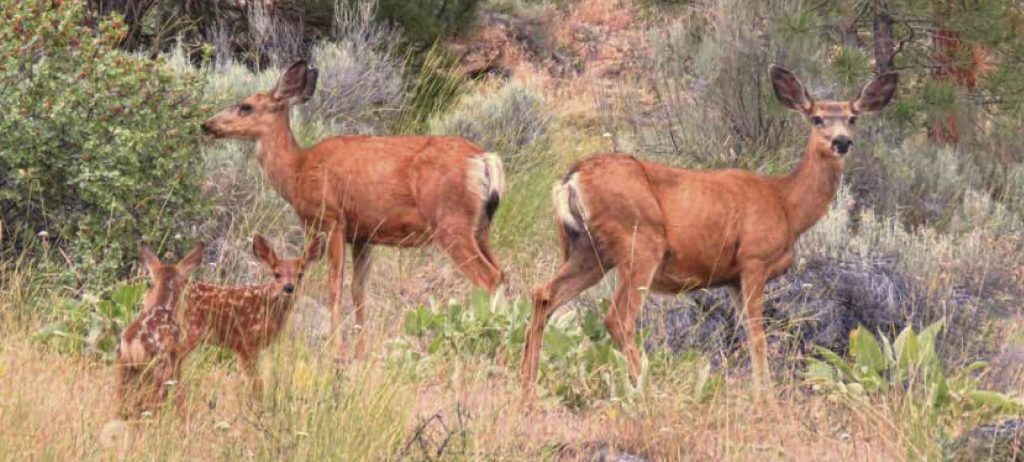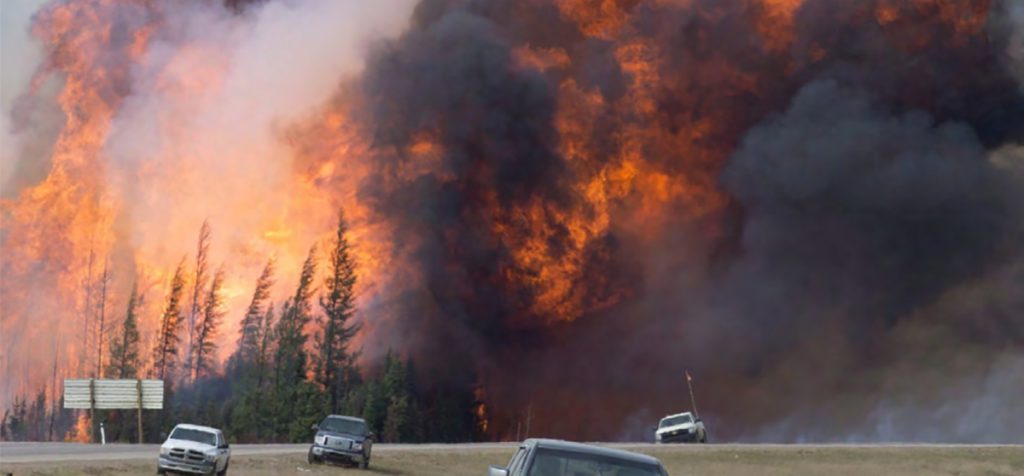McLeod Lake Mackenzie Community Forest (MLMCF) has been working towards Climate Resiliency within areas of the Community Forest that are near the highway corridor as the town of Mackenzie has one route into and out of the community. In the event of a wildfire, the community wanted to ensure the residents had a safe route out. To accomplish this, the Community Forest requested additional tenure area, that along Highway 97 and Highway 39. The MLMCF acquired much of the land tenure along Highway 39 in 2022 and since then has taken a proactive approach to wildfire resilience planning, implementation, and monitoring.
The primary goal is wildfire risk reduction and specifically focused on vehicle safety, danger trees and emergency personnel along highway. Fire modelling indicates a range of wildfire threat along the highway with a particular concern where there are continuous conifer fuel type stands coupled with topography and/or mountain pine beetle kill debris fuel loading. Additional goals were to provide long-term silviculture treatment recommendations and that treatments could be rolled out across a large area.
For the MLMCF, the objectives were as follows:
Objective #1: Promote and maintain wildfire resilient stands –that can withstand the effects of future wildfire activity and that exhibit lower fire threat to Highway 39, and
Objective #2: Maintain and/or promote healthy and self-sustaining forests; those that are resilient to a changing climate.
- Strategy #1: Reduce the ignition probability and significantly reduce the potential intensity of wildfires along Highway 39,
- Strategy #2: Increase species diversity and overall forest stand resiliency,
- Strategy #3: Maintain soil moisture and nutrients to support healthy, self-sustaining forest stands,
- Strategy #4: Maintain forest pests and pathogens and abiotic disturbances at endemic levels, and
- Strategy #5: Employ an active monitor and adaptive management approach to forest practices.
How can area-based forests such as woodlots and community forests effectively track, monitor, and adapt recommendations to fit their tenure area?
- When building a wildfire plan/resilience plan, consider what your monitor questions would be – ideally these are based on your Plan’s objectives.
- Develop an initial climate plan that is based (if possible) on local forest ecology and base stratification on this. The government has completed climate change modeling. It can be found here: https://www2.gov.bc.ca/gov/content/environment/natural-resource-stewardship/natural-resources-climate-change/natural-resources-climate-modelling-analysis
You can also see what BEC zone your woodlot is trending towards with this website: https://cfcg.forestry.ubc.ca/projects/climate-data/climatebc-and-bioclimatic-envelope-modelling/#:~:text=The%20Biogeoclimatic%20Ecosystem%20Classification%20(BEC,climates%20niches%20for%20future%20periods.
- Determine what is success or what are failures, and then determine how these will be measured.
- Such a plan can include sampling scheme and a determination of sampling frequency and rigour.
- Setup a GIS or similar database to track all units, or even use a paper map and mark it up.
Probably the most import piece of these types of tours is the considerations and lessons learned from the process.
- Build robust and measurable fuel management or site prescriptions that contain achievable measurable targets.
- Track the work and progress of your operators – namely, did the implementation match the site prescription (likely, it didn’t the first time or even subsequent).
- Use an event such as windthrow as an opportunity to learn – document! Remember, each visit to a monitor site can be an opportunity.
I heard a new term at the BCCFA AGM that clearly identifies what innovation needs to considered as: failing forward. We can’t change forest management without trying something new. Not every attempt will get us the results we want. Some will fail. But if we stop at the first failure, due to fear. If we don’t learn from that failure and then try something else, we won’t make that failure mean something. We won’t develop a new treatment. We need to not only fail, and have the courage to fail, we need to have the vision to fail forward. To pick ourselves up, dust off the plan that didn’t work, tweak it, and try again.
Thank you to Nicholas Soverel, Founder & Principal Forester of Frontera Forest Solutions, Inc. for the information in this article.
Nicholas Soverel: MLMCF Climate Resilience Field Tour


